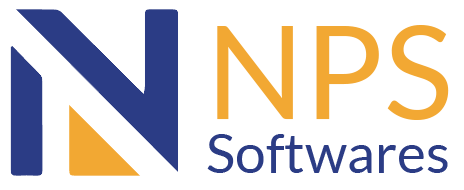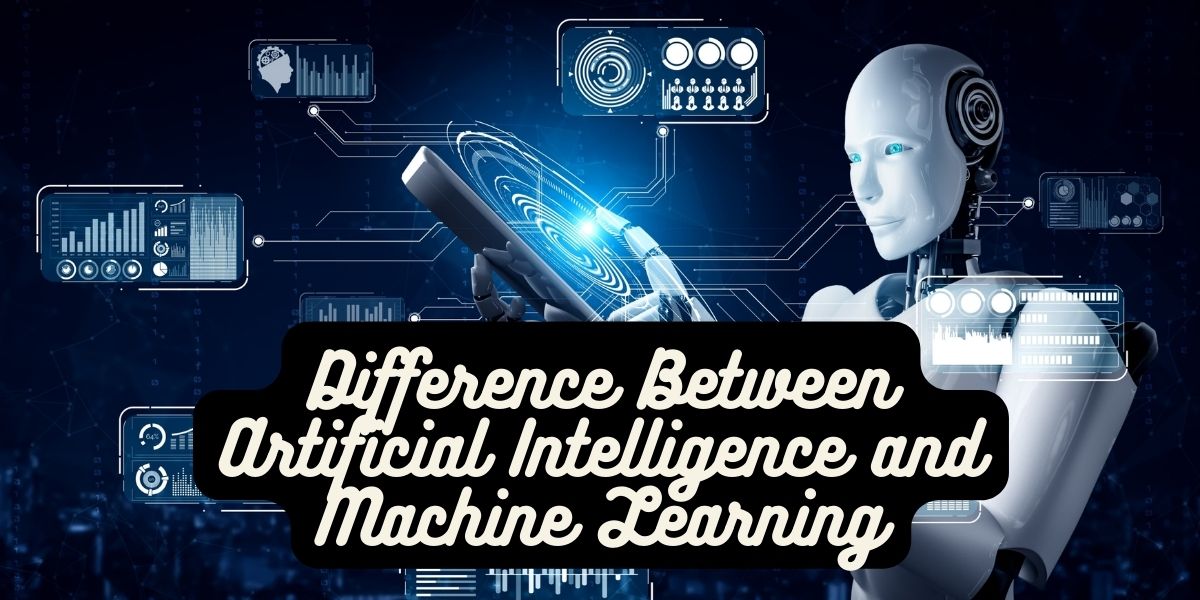Artificial Intelligence and Machine Learning-based Microsoft Technology
Artificial Intelligence and Machine Learning-based Microsoft Technology – The emergence of artificial intelligence and machine learning as revolutionary developments that are changing industries by redrawing the lines for creativity. MSFT is one of such companies dominating this transformative landscape of trans-formative progress and AI ML.
Microsoft’s quest to develop AI and ML rests on superior technology and the drive toward democratizing AI for all. Microsoft leverages its cloud computing platform, Azure, to provide diverse tools, frameworks, as well as resources with which developers and businesses can discover, experiment, and deploy AI and ML.
The centerpiece of Microsoft’s AI/ML efforts is the portfolio of services known as Azure AI which encompasses a broad range of AI application solutions. Cognitive services that facilitate natural language processing, computer vision, and decision-making are some of the features in the Azure AI ecosystem that provide a playing field for innovation.
Artificial Intelligence and Machine Learning
Microsoft makes accessibility and easy-to-use AI development which is demonstrated by one of its products – Azure Cognitive Services which is part of Azure AI. There are a variety of ready-made AI models whose functionalities comprise vision, speech, language, and decision making which allow the development of applications that integrate AI features without elaborate expertise in machine learning.
In addition, Microsoft’s commitment towards open source collaboration can be seen in ONNX (Open Neural Network Exchange) which helps make interoperating between various AI frameworks an easy task when it comes to model development and deployment in different systems.
A case in point is Microsoft’s commitment and emphasis on facilitating developer services and data scientists, as manifested by the Azure Machine Learning service. It offers a strong ecosystem for creating, educating, and applying at-size ML designs and solutions. In addition, users can use popular models like TensorFlow and PyTorch through the platform’s integrating capacity.
However, Microsoft’s commitment does not end with making available just tools and platforms for AI and ML. Through their regular research endeavors, partnership with the academia, and the corporate world; they create an innovation culture. These include MS research efforts along with collaborations with top-ranked educational organizations that drive innovation in ethical and transparent AI advancement.
Artificial Intelligence and Machine Learning-based Microsoft Technology
Democratizing AI and ML through Microsoft’s technologies has many downstream ramifications on the wider industries. The usage of AI and ML solutions in healthcare, finance, manufacturing, and retail improves decision-making, automation, prediction, and human augmentation in terms of creating efficiencies with additional opportunities.
Therefore, Microsoft’s technology-based AI and ML development initiatives manifest as the essence of innovation, accessibility, and empowerment. Microsoft leads in the provision of strong tools, building an enabling ecosystem, and upholding Responsible AI. This ensures that AI and ML will be used by people and companies worldwide to achieve greater goals.
adoption of innovative approaches to use AI and ML with strength.
Microsoft’s AI/ML development process is based on a holistic and cyclical model. Microsoft’s strategy utilizes advanced technologies and years of experience that span from ideas through implementation in creating an innovative and successful culture.
It starts with the determination of a case in which AI and machine learning can generate value.
During this phase, there is close collaboration of domain experts, data scientists, and stakeholders where they collectively describe clear objectives and outcomes. Through this approach, Microsoft recognizes that AI/ML solutions should be tailored to a specific business context in order to advance the company’s objectives.
MSFT’s approach concentrates much on the data collection, preparation, and testing stages in the establishment of AI and ML systems, with data forming the fundamental foundation for the whole process. Data scientists can use an effective set of tools for preparing data for modeling via Microsoft’s Azure cloud computing platform.
When the data is prepared the process of modelling begins. Through Azure, Microsoft provides many tools and frameworks that allow data scientists to develop, process, and assess machine-learning algorithms. It also offers companies a shared setting in which teamwork is possible using several types of algorithms, parameters, and features to generate dependable and exact designs.\
Difference Between Machine Learning and AI
Microsoft’s approach uses an incremental, or iterative process that fosters constant fine-tuning In the modeling process, the data scientist evaluates and validates using Azure’s features and iteratively improves performance and the model. Ensemble learning, transfer learning, and search of neural networks are applied to improve efficiency.
The deployment of AI/ML represents one of the final stages of the development lifecycle. When it comes to the deployment of models for production environments, Microsoft Azure provides a smooth transition with an assurance of scalability, reliability, and robustness. The ability of Azure to containerize and integrate well with DevOps makes it easy to deploy and manage intelligent applications.
The last step of the MMS methodology is post-deployment monitoring and maintenance. With Azure’s monitoring tools, one can continuously monitor the deployment of models, track the performance parameters, detect anomalies, and make sure that models are effective in dynamic environments. Updating regularly, re-training, and refining models to incorporate feedback make them effective over time.
Ethical AI plays an important part in Microsoft’s approach to AI and ML development. According to Microsoft, AI should be done responsibly, taking into consideration issues of fairness, transparency, accountability, and privacy. Microsoft’s commitment to ethical AI development is exemplified in initiatives such as AI fairness, interpretability, and bias mitigation tools within Azure.
READ ALSO: Why AccountMate ERP is the best choice for Organizations?

